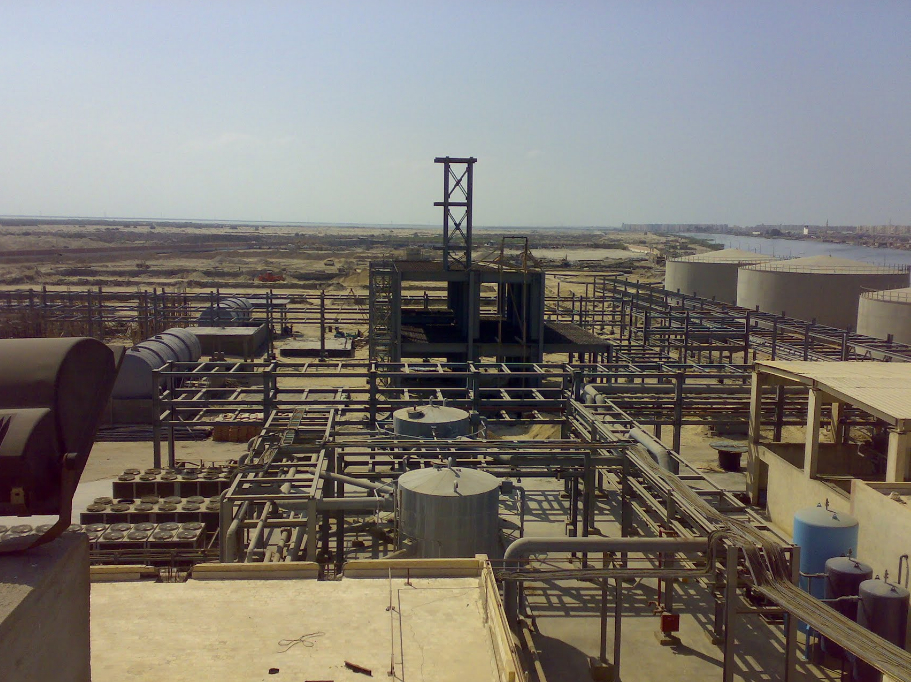The Ministry of Industry and Foreign Trade announced it has finalised an executive regulation of Law 5/2015 to create a preference for Egyptian industrial products in government contracts.
The regulation was sent to the Egyptian State Council for review to be approved in the next few weeks.
The regulation pertains to industrial products only, stating that the proportion of Egyptian components in industrial products should not be less than 40%. In addition, the regulation requires stakeholders to commit to the proportion within their procurement contracts.
A board member of the Federation of Egyptian Industries (FEI), Mohammed El-Bahi, said that all government sectors take advantage of the law. He said that, if Egyptian factories are able to provide an abundance of national products, the government will decrease the importation of products from abroad.
El-Bahi noted that Egyptian products will allow savings in foreign currency because the domestic product will be bought in Egyptian pounds. Hard currency will be provided and reductions in foreign exchange values by the Central Bank of Egypt will be avoided.
“The proportion of domestic product exceeds 40% in some Egyptian industries, and the Ministry of Industry and the Industrial Development Authority (IDA) are responsible for monitoring factories in commitment to the regulation,” said El-Bahi. “The regulation will help local product development and achieve mass production, which will lead to a decrease in imports from outside, as well as the provision of local employment opportunities.”
Meanwhile, the Chairman of Chamber of Engineering Industries (CEI) Hamdi Abdel Aziz said that this law is not new, because more than nine to10 laws were issued in the eras of former prime ministers Atef Ebid and Kamal Ganzouri, the most recent of which was Law 800/2012.
Abdel Aziz added that the difference between these laws and the current law is that the pervious laws were issued without penalties; however the current law includes a significant financial penalty.
The chairman noted that the law excludes the armed forces and the police, expressing his worries on the non-commitment of the armed forces factories with the law because it does not apply to them.
He pointed out that the law would lead to a boom in the national industry, and will force foreign companies and foreign investors to commit with the 40% proportion because the Egyptian market size is too large and is ranked 29th in the world.
“Strengthening of the local production industry will lead to an increase in the proportion of domestic components to reach 70% or 80% or even 100% pure Egyptian products, besides increasing Egyptian exports,” said Abdel Aziz. “Many Egyptian industries will be taking advantage of the law, such as the engineering industry, electricity and water sectors, transport and railways.”
With regards to the procedures and guarantees for the implementation of the law, Abdel Aziz said that the the Ministry of Industry and the IDA will form a committee to monitor factories and to fine non-committed ones.
On his part, Hisham Ragab, who is the legislative and legal affairs advisor to the Minister of Industry, said that the regulation has been prepared in cooperation with the ministry’s agencies, including the IDA, the General Organisation for Standardisation and Quality (EOS) and the FEI, as well as experts in the field of tenders and government auctions.
Ragab added that, once the regulation is adopted, an Egyptian industrial product preference committee will be formed. Minister of Industry Mounir Fakhry Abdel Nour has requested the nomination of representatives from the Egyptian Council of State and the Ministers of Planning, Investment and Military Production for the committee.




